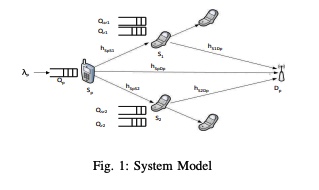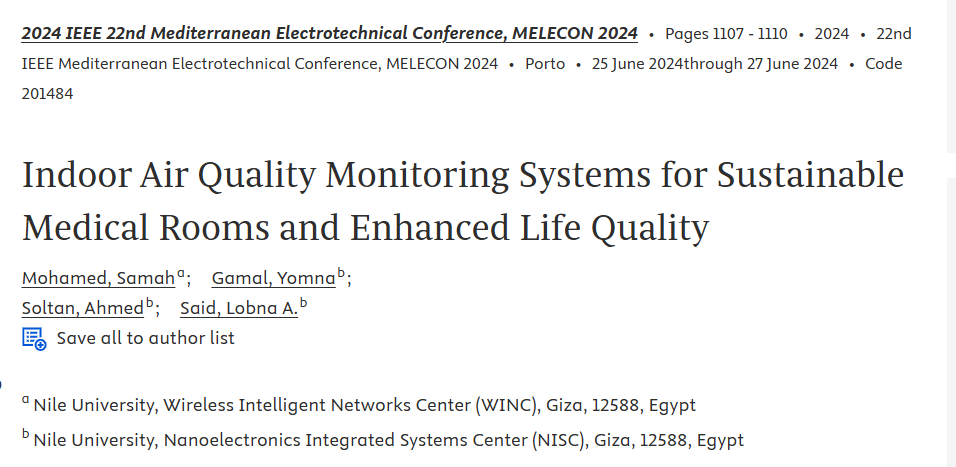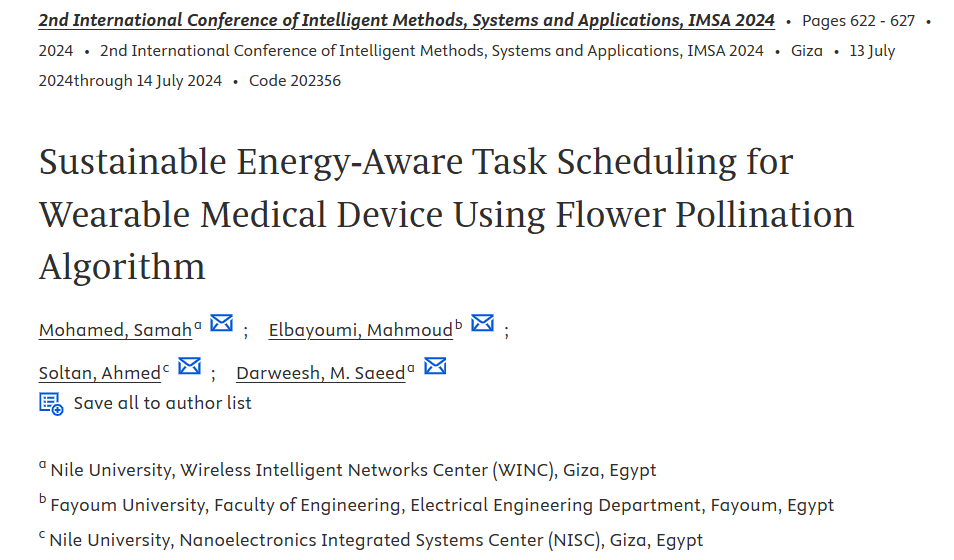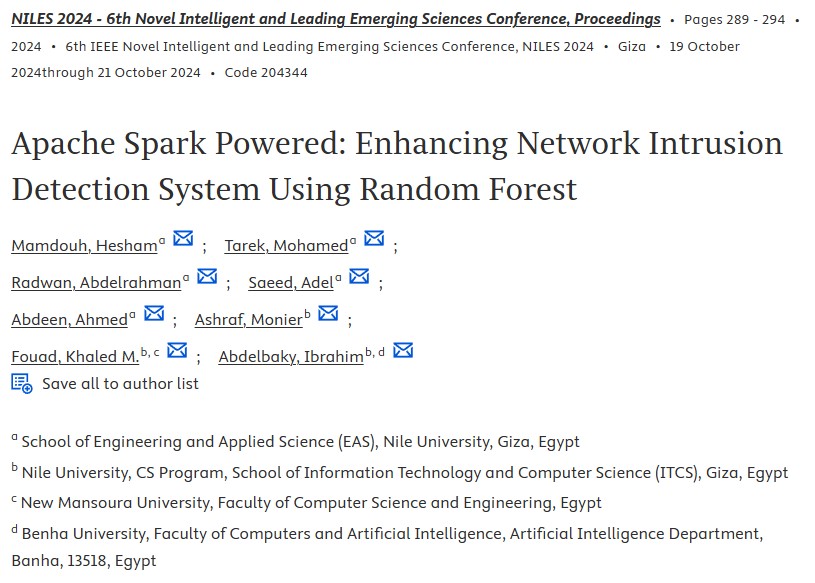
A dynamic relaying scheme for cognitive networks with multipacket reception capability
We study a cognitive radio system where the secondary users can relay the unsuccessful packets of the primary user. We study a model with one primary link and two secondary links with Multipacket Reception capability (MPR) added to the receivers. Secondary users relaying the primary unsuccessful packets are shown to increase the primary maximum stable throughput and increase the secondary user transmission opportunities. MPR capability is shown to further increase the secondary transmission opportunities as the secondary users can relay with a rate higher than 1 packets/slot as opposed to conventional relaying schemes. Our goal is to control the relaying procedure in secondary nodes such that the secondary transmission opportunities are maximized. We formulate this problem as a constrained optimization problem and then transform it to a linear programming problem. We derive an approximation for the probability of primary idle slots which translates to secondary transmission opportunities, as well as lower and upper bounds for the primary maximum stable throughput. Results show that under some channel conditions, the MPR relaying scheme can outperform other conventional relaying schemes in terms of secondary throughput. © 2014 IEEE.




